Robert Whitney
Robert Sutton Whitney (1904-1986) was born in England and moved with his parents to Chicago as an infant. Both his English-born mother, Edith Stewart and American father, Robert Paul, were musicians, so Robert and his sisters were trained early in music. Whitney’s father was a touring tuba player with the Buffalo Bill Wild West Show and worked as a theater musician. As young musicians, Robert and his sisters Grace and Noree played chamber music in a weekly live performance for a Chicago radio station. A keyboard player, Whitney studied with Marx Oberndorfer and the renowned organist Leo Sowerby who was on the faculty of the American Conservatory of Music in Chicago, IL. Though never earning his degree, Whitney studied theory, composition, and orchestration under Arthur Olaf Anderson, also on the conservatory faculty.
In 1937, Whitney was selected from a group of young conductors who were training with Frederick Stock and Serge Koussevitsky at the Chicago Civic Orchestra (where he made his conducting debut in 1932) to come to Louisville and lead the newly formed Louisville Civic Orchestra (later re-named The Louisville Orchestra). Whitney was 32 years old when awarded the new position and brought his wife to Louisville. He left behind his position as the District Supervisor of the Chicago Federal Music Project and his growing local prestige as a conductor, composer, performer, and radio announcer.
This new orchestra, born in the 8th year of the Great Depression and on the heels of the most disastrous flood in Louisville’s history, was an optimistic and enthusiastic group. Playing with more spirit than skill, the first concerts were none-the-less appreciated by audiences of the day.
By the mid-1940s, Whitney had built an organization that had the support of a Board of Directors and had hired a full-time administrator. Concerts were performed in pairs and reached audiences of more than 3,500 for each set. The orchestra personnel had grown to sixty-three players and Whitney was engaging guest artists as august as violinist Fritz Kreisler. Music Education concerts were started in 1941 and a chamber ensemble component was added as the Louisville String Quartet was founded to service the public schools. Whitney was dedicated to music education throughout his career adding “High School Matinees” and performances in schools throughout Louisville every year until his retirement.
The Louisville Plan – Changing Everything
The late 1940s saw the inception and execution of “the Louisville plan.” Upon the suggestion of University of Louisville professor Gerhard Herz, Whitney and Louisville Mayor Charles Farnsley decided to try to completely change the relationship between musician, soloist, composer, audience. Herz observed that celebrity soloists like violinist Jascha Heifetz spent 24 hours in Louisville and left with an enormous fee in his pocket after playing one or two concerts. But the creative contribution of the composers was virtually uncompensated. Why not secure new compositions from great composers for the same fees that were producing those wonderful but ephemeral performances?
Mayor Farnsley seized upon this as a way to make his beloved city an essential center for arts, attracting industry and professional people whom he believed would make the city a better place for all. The commissioning plan was announced as Farnsley teamed up with the City of Louisville to make the city a prosperous and happy place. In 1948, Whitney was in New York City to solicit composers and the 1948-49 Season was announced with new compositions by Paul Hindemith, Darius Milhaus, Gian Carlo Menotti, Turina or Nin, and finally a new piano concerto by either Arnold Bax or William Walton.
Robert Whitney’s leadership of the Commissioning Project eventually led to the founding of the first record and distribution projection owned by an orchestra as “First Edition Records” began in 1953 with support from the Rockefeller Foundation. During Whitney’s time as music director and conductor of the Louisville Orchestra, over 100 new compositions were commissioned and premiered by the Louisville Orchestra. In addition, he recorded nearly 190 new compositions in their “First Edition” and presented to the world.
In 1956, Whitney was named Dean of the school of music at the University of Louisville, a position he held until 1971. For years, he also held the music director position at the Louisville Orchestra but in 1967, Robert Whitney passed the baton of the Louisville Orchestra to Jorge Mester. Whitney conducted his final concert on 19 Nov 1983 at the age of 79 on the occasion of the opening of the Whitney Concert Hall at the Kentucky Center for the Performing Arts. He passed away on 22 Nov 1986.
Whitney was acclaimed for his dedication to contemporary music and was recognized by the American Society of Composers, Authors, and Publishers. In addition he was honored with the American Composers Alliance Leaf, the Ditson Award; the first Giovanni Martini Award from Ballarmine College (1962); and was recognized with honorary degrees from the University of Louisville, the University of Kentucky, and Hanover College.




